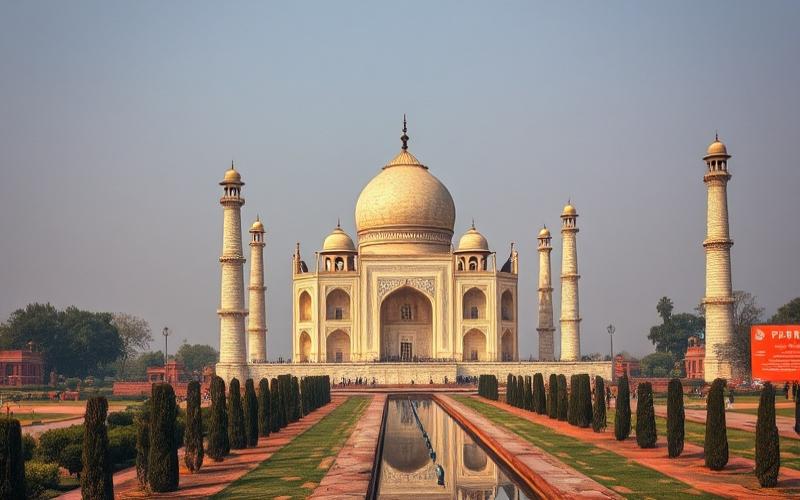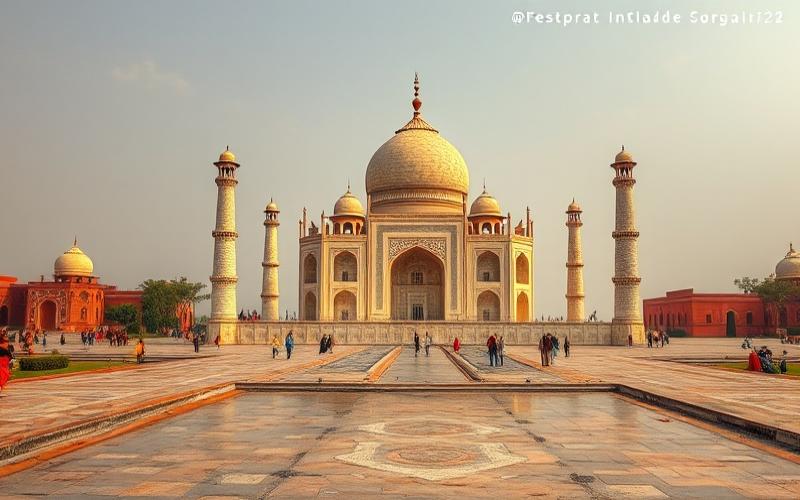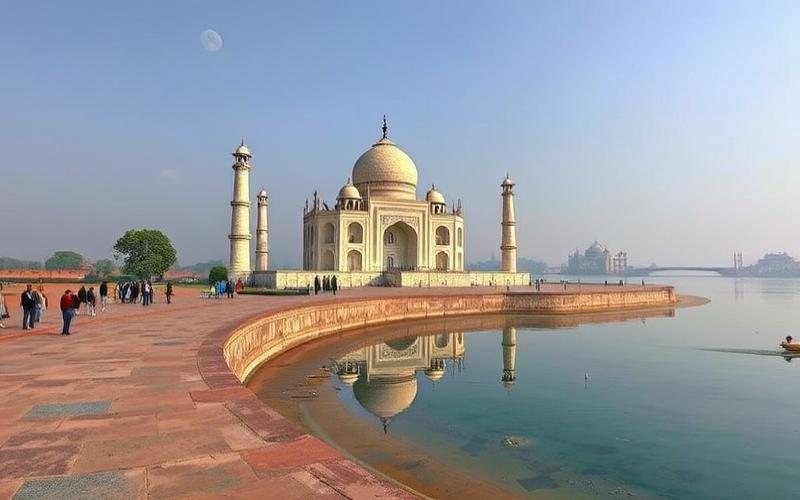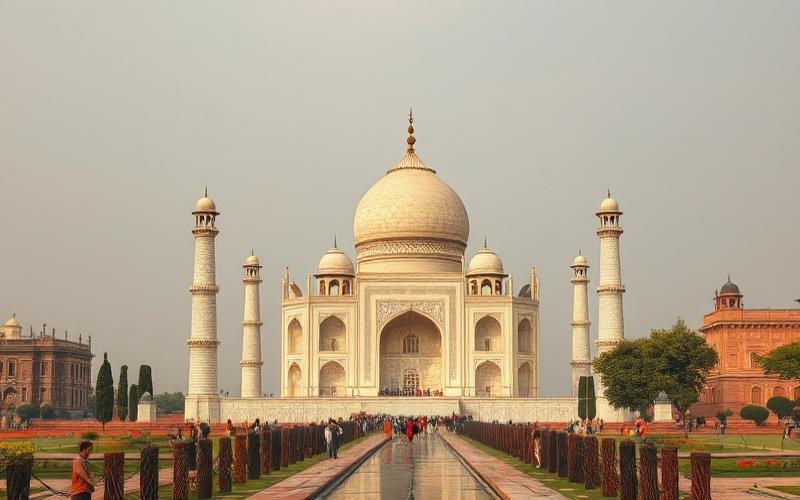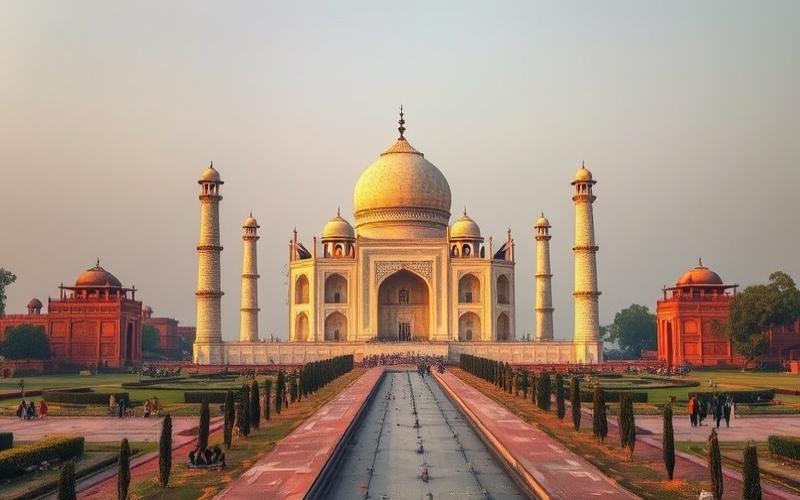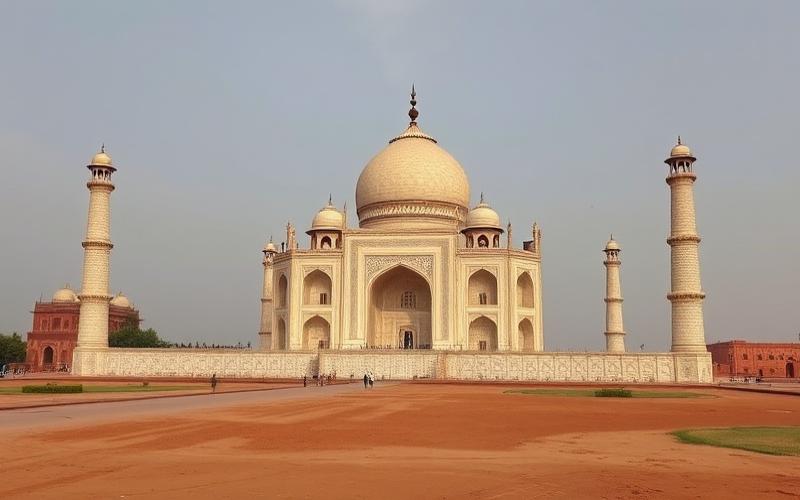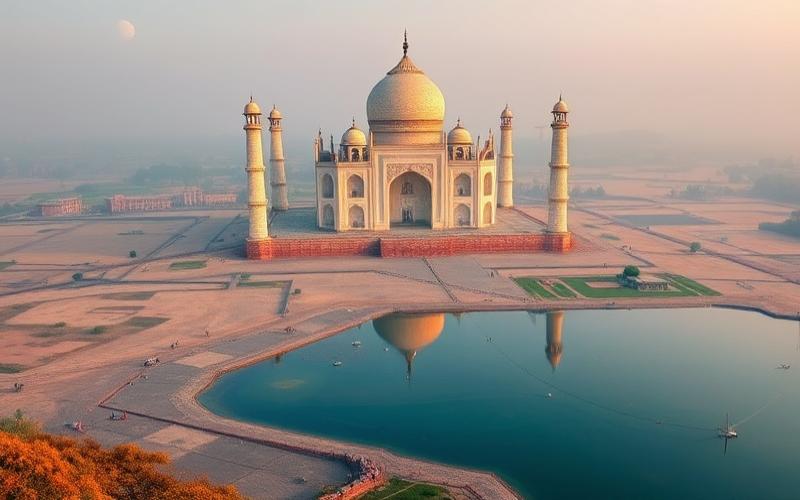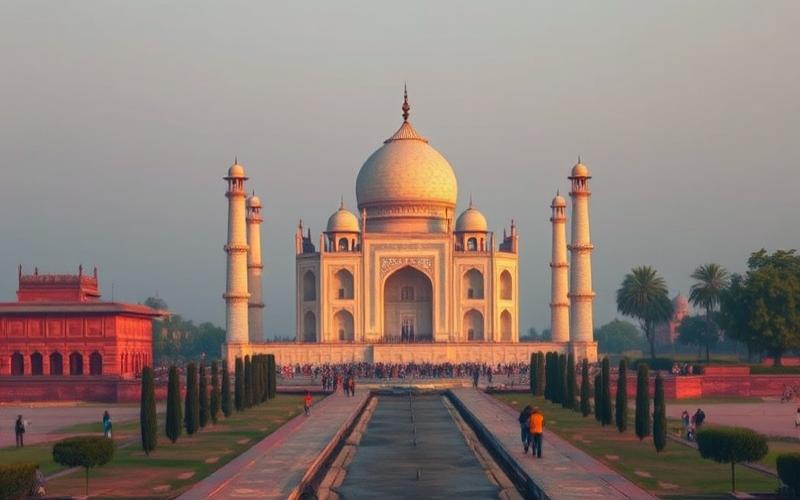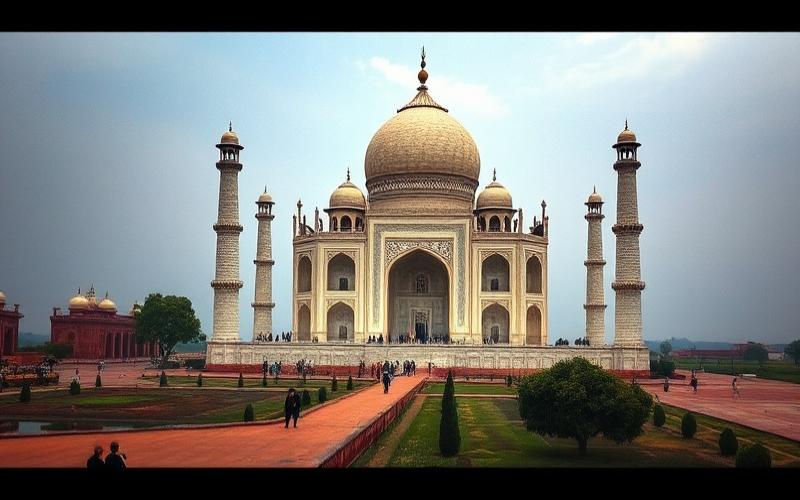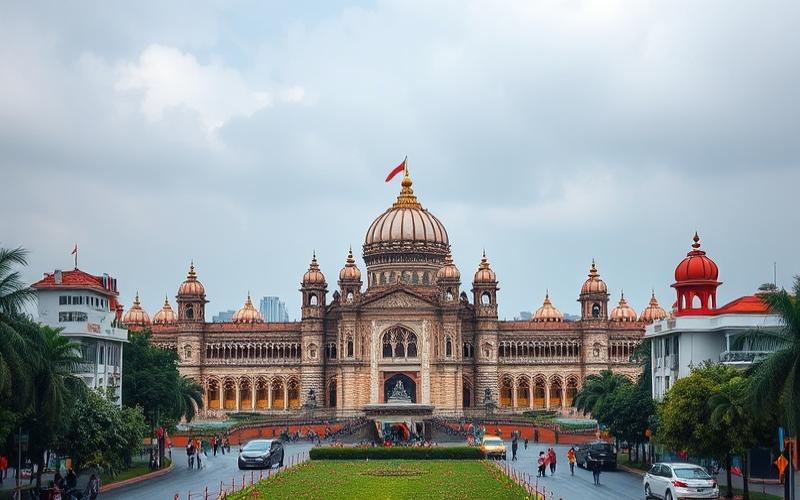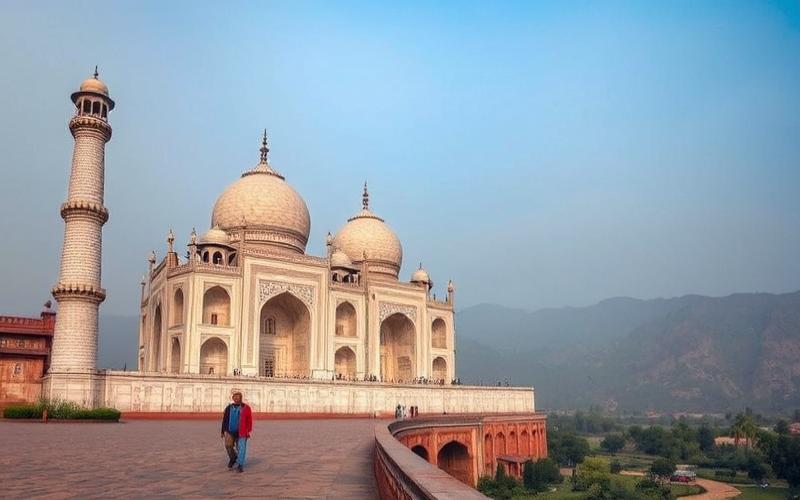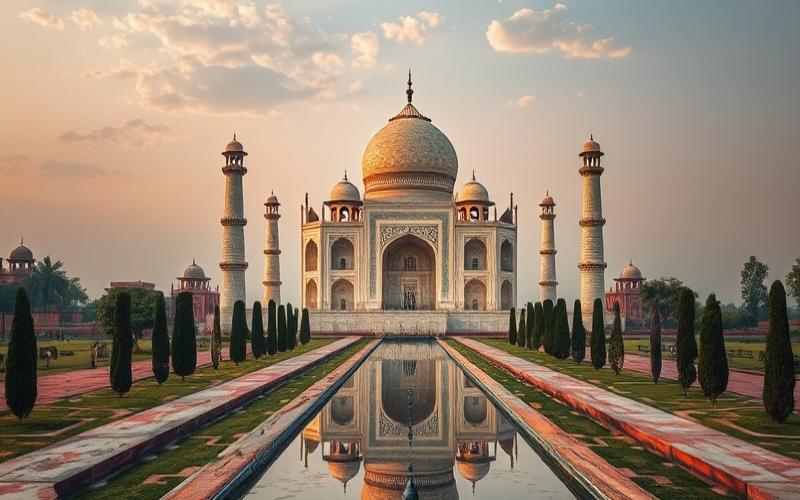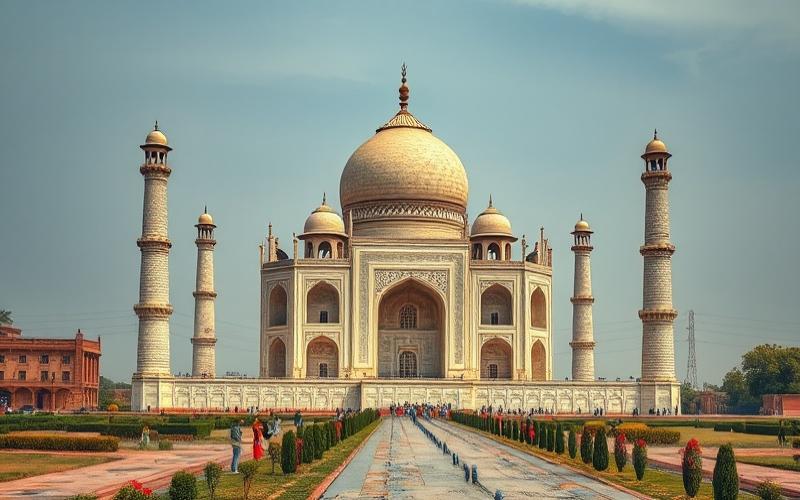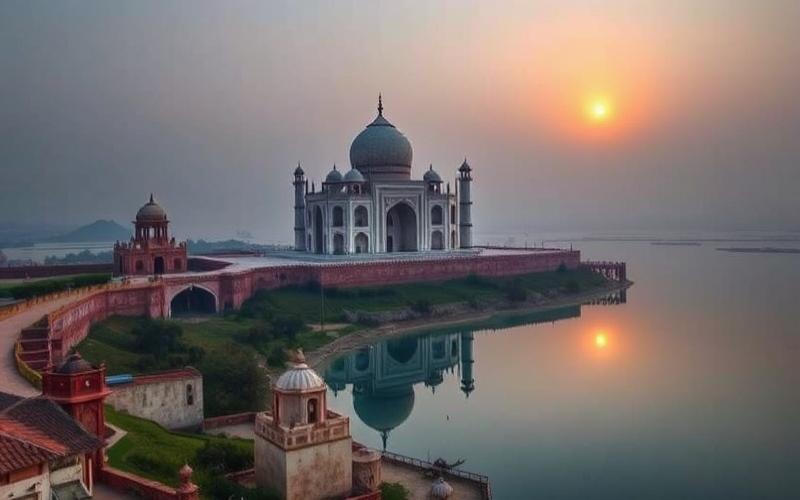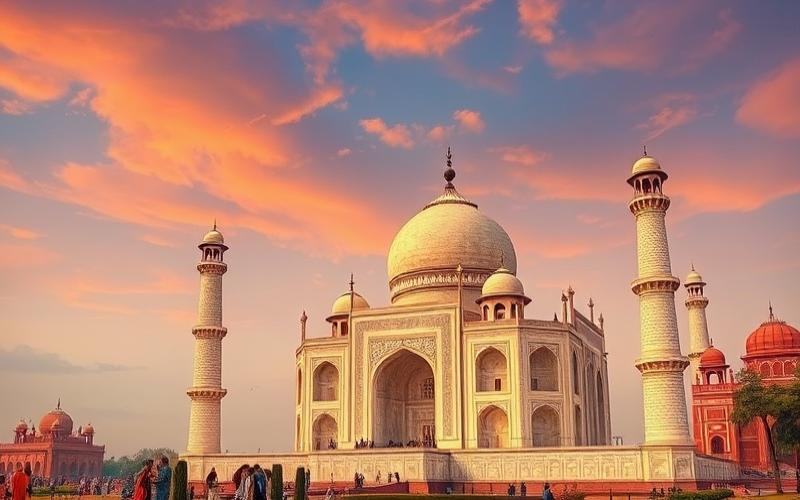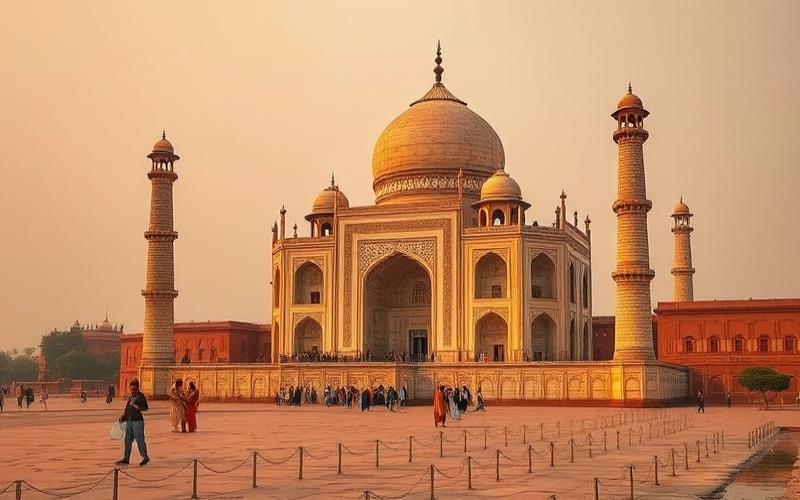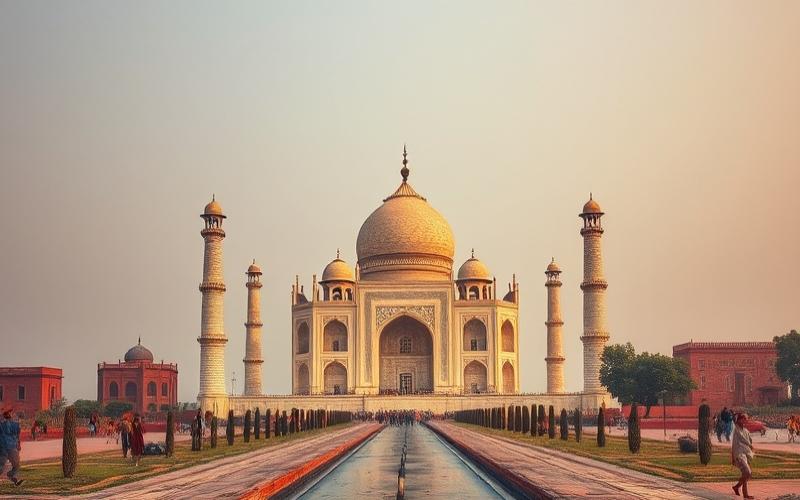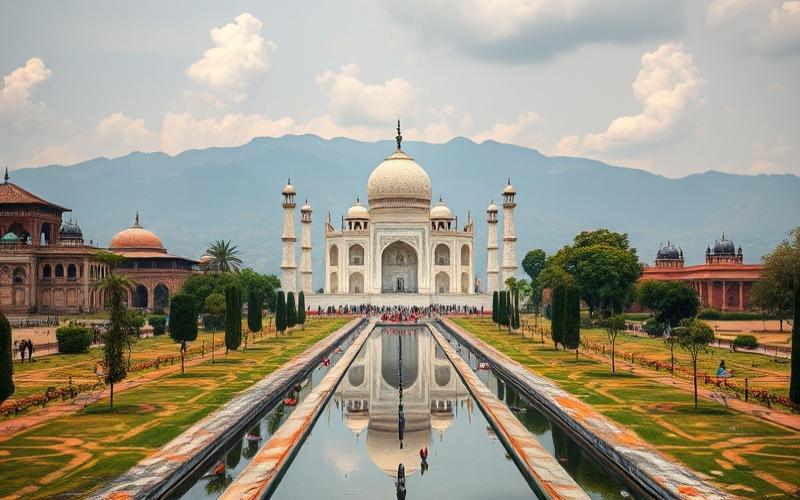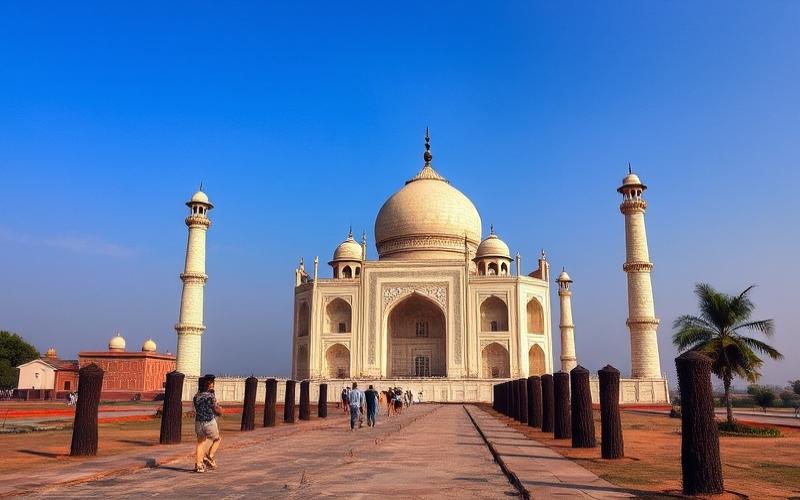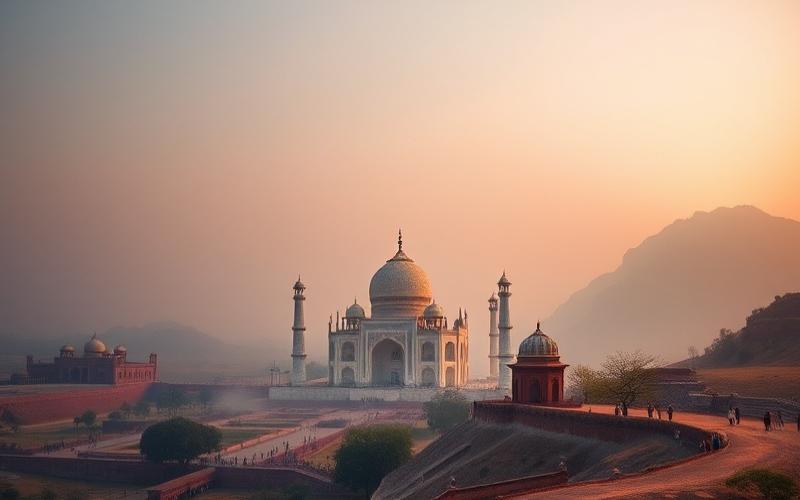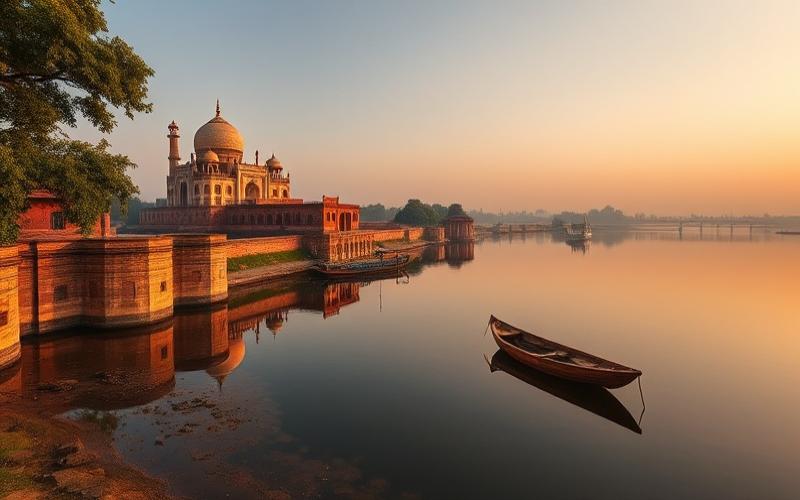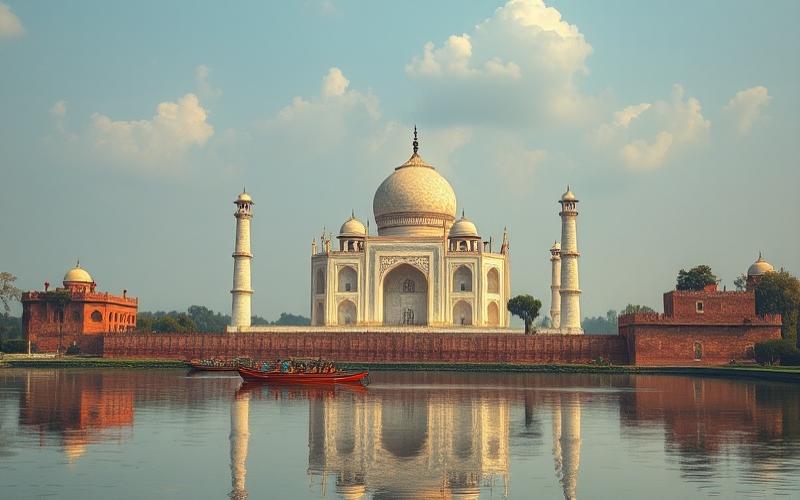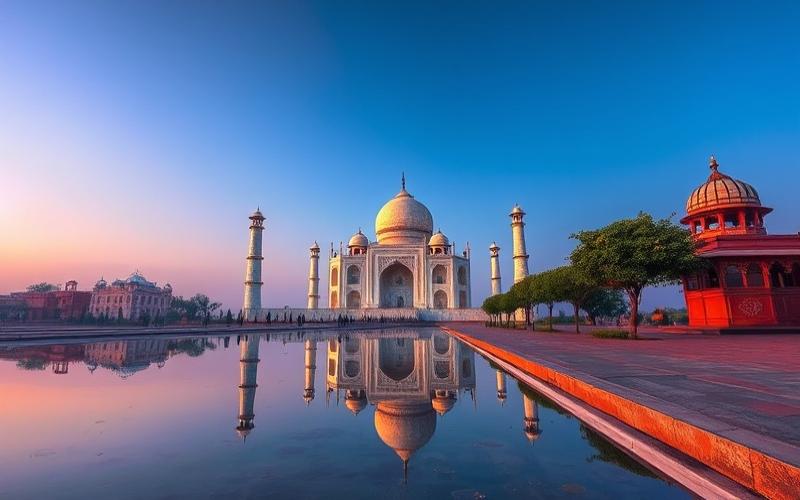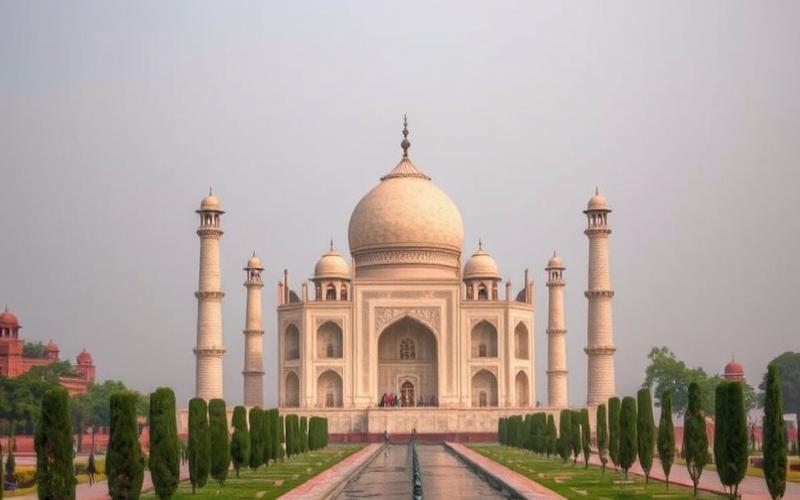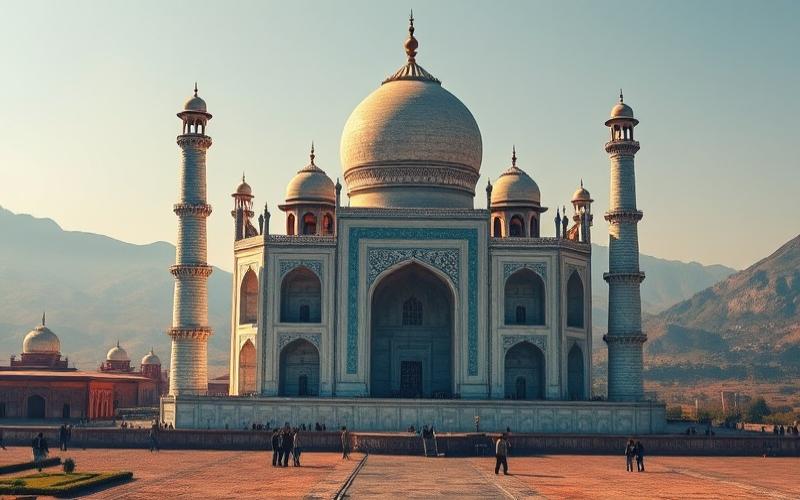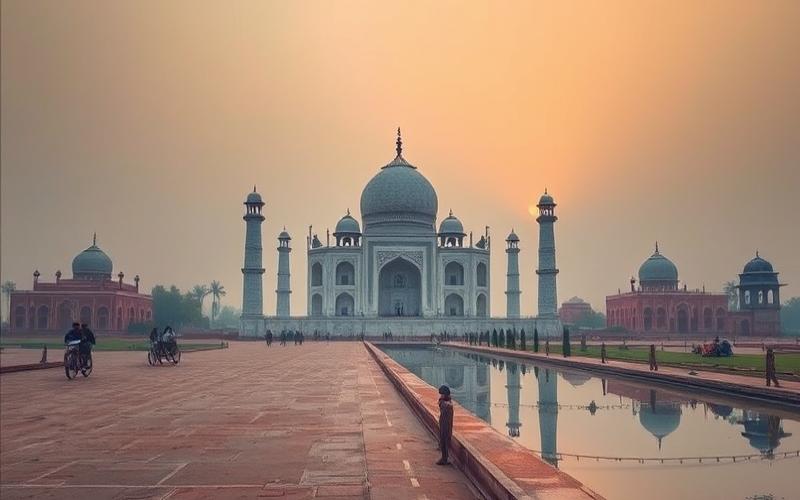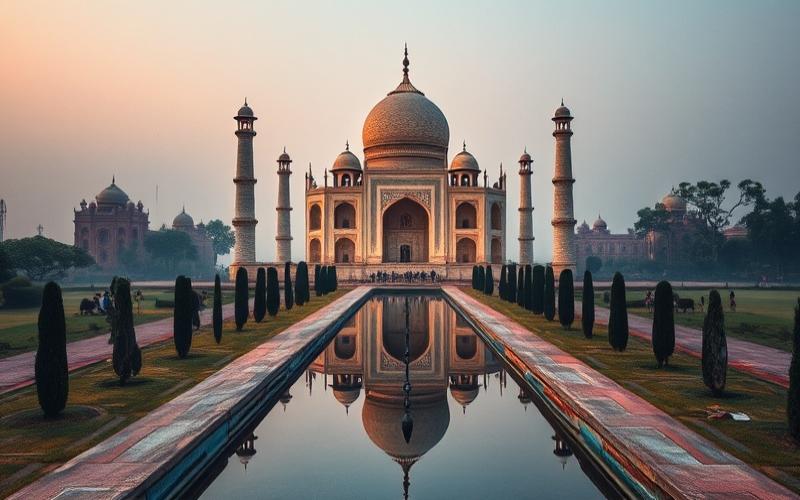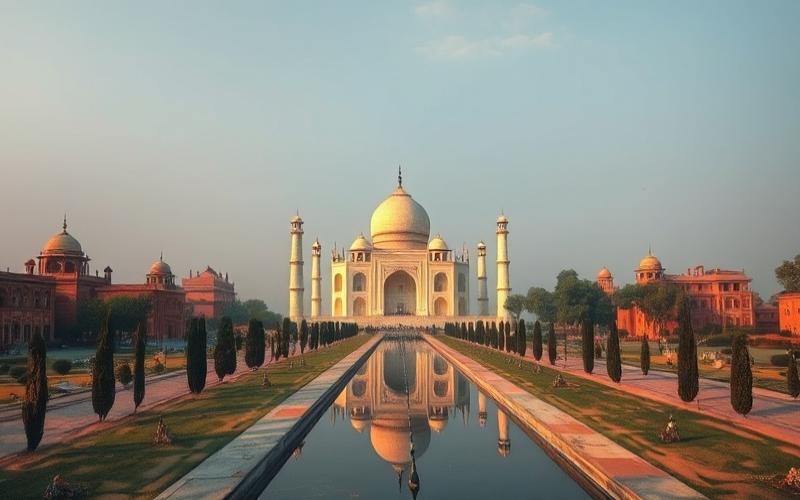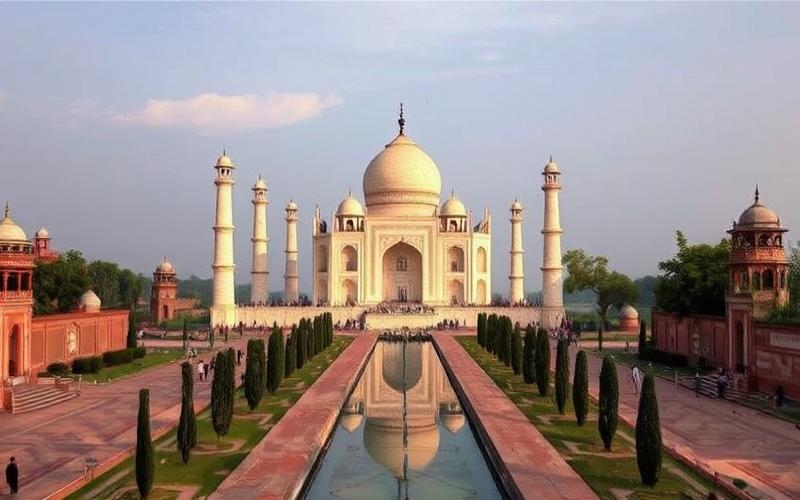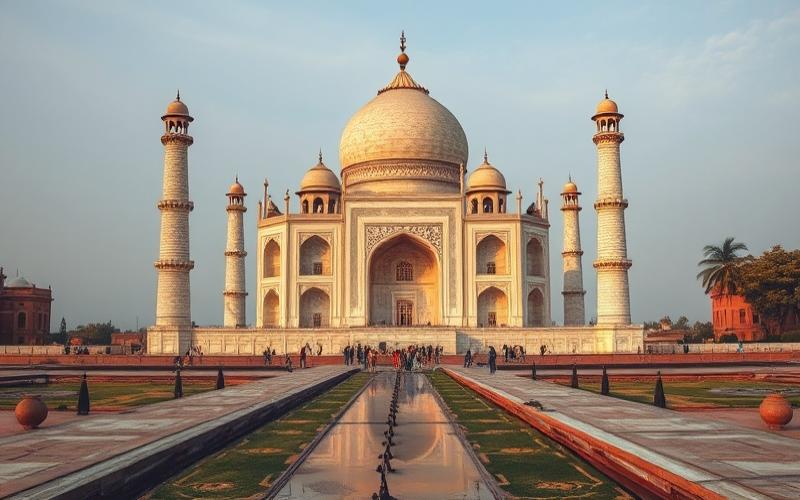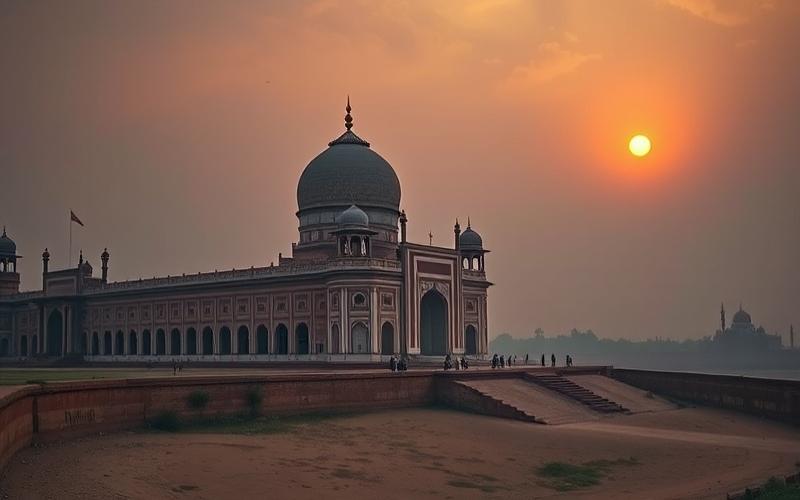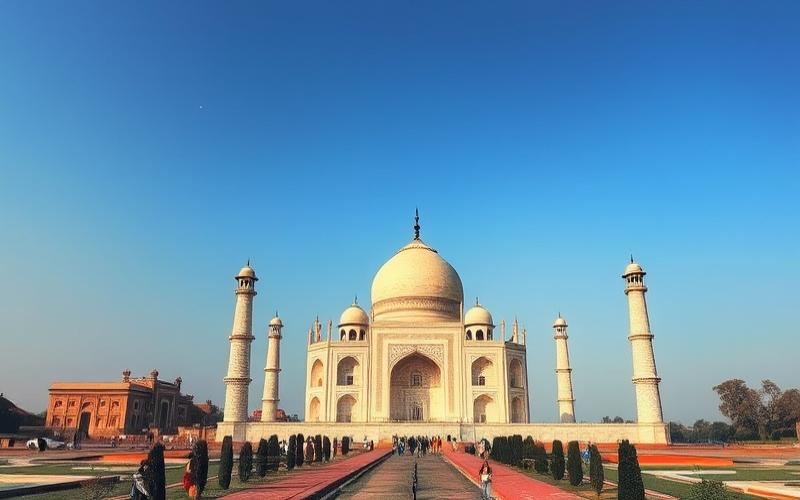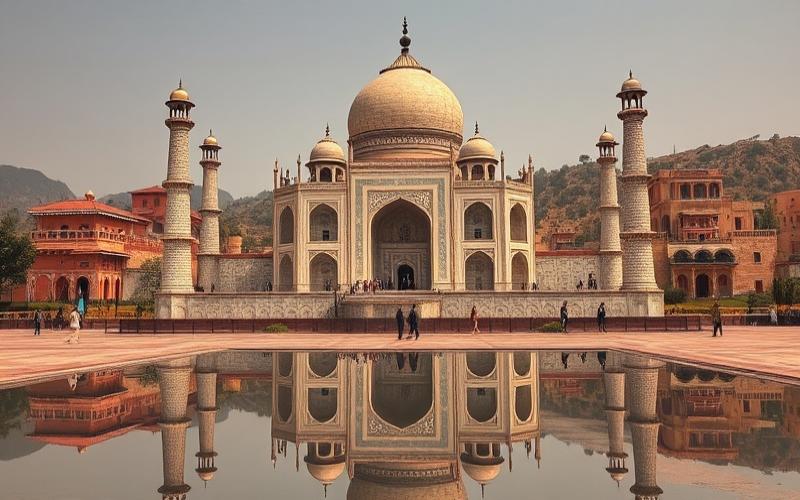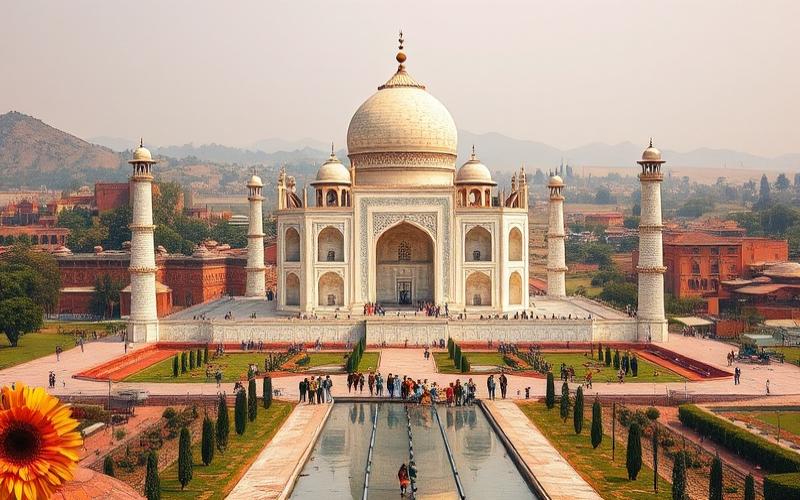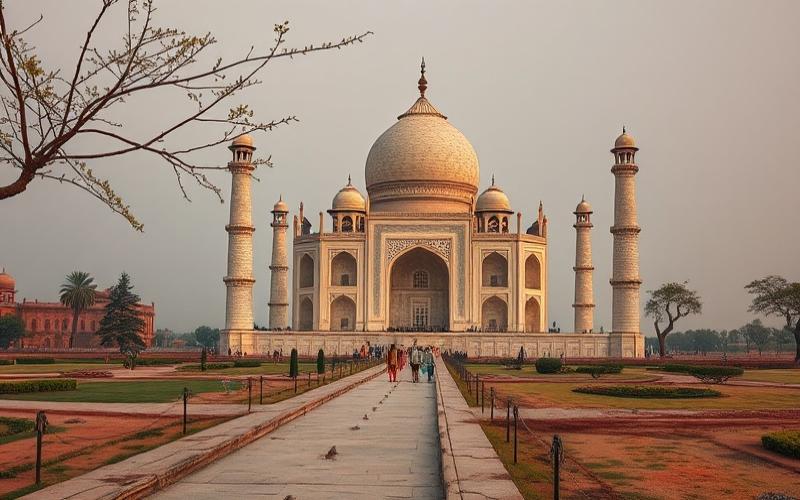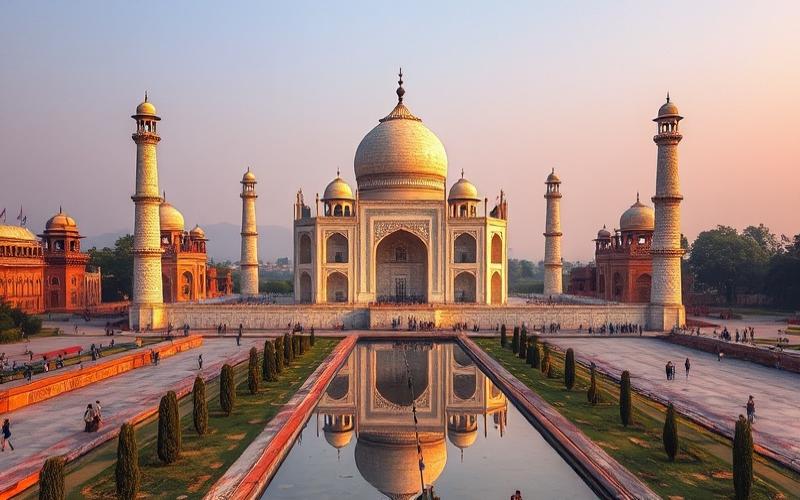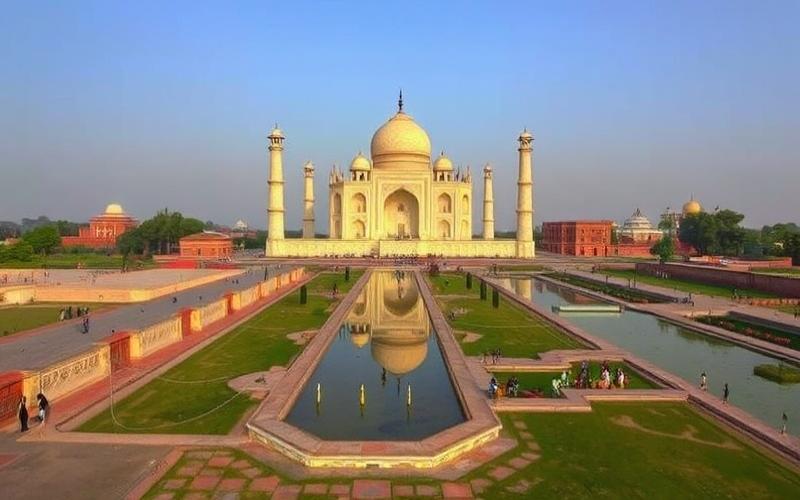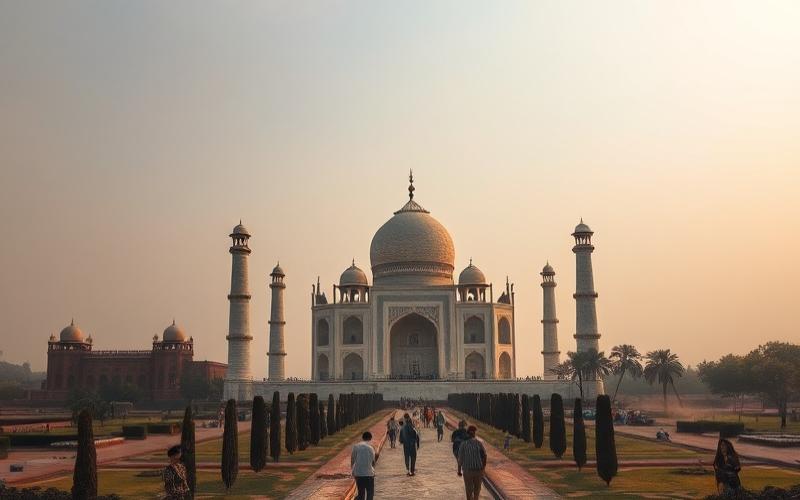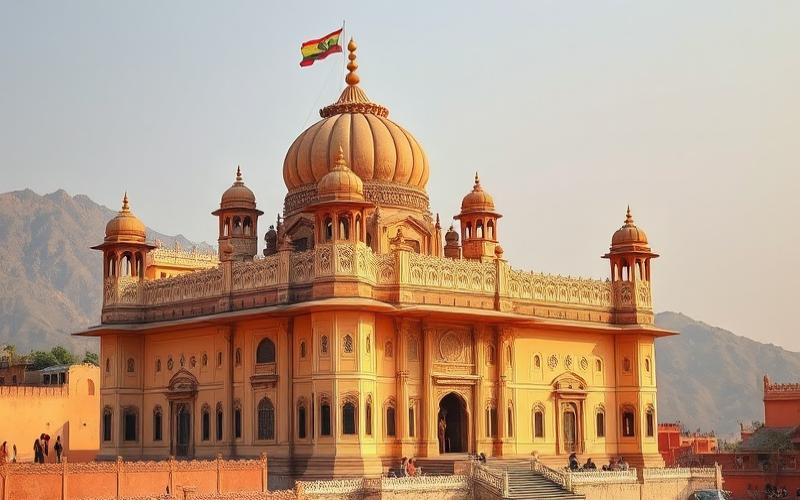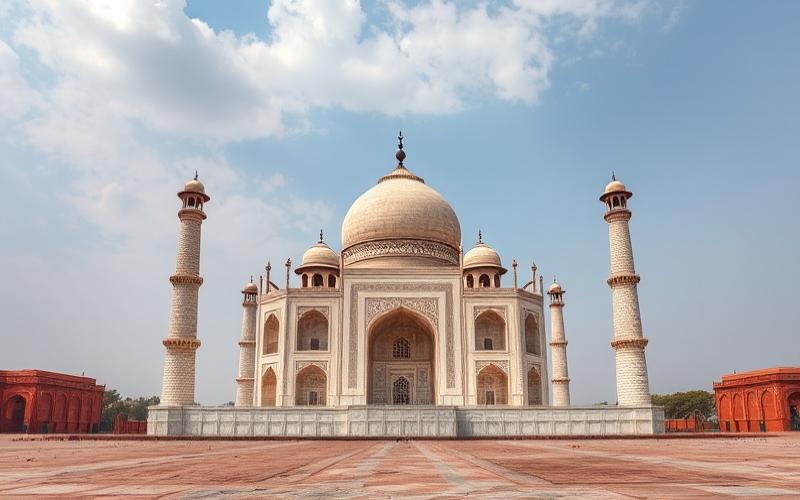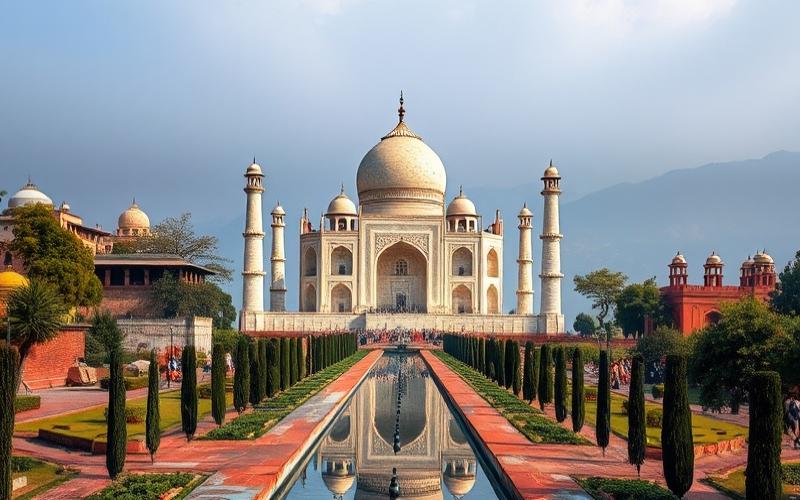
 Published on and written by Cyril Jarnias
Published on and written by Cyril Jarnias
Navigating India’s healthcare system can be challenging for expatriates, but understanding its intricacies and advantages is essential for a successful relocation. With world-class hospitals and diverse treatment options, India offers everything from traditional Ayurvedic care to cutting-edge medical innovations.
However, understanding how to access these services, what insurance is necessary, and anticipating cultural differences can be complex. This article guides expatriates through the nuances of the Indian healthcare system, helping ensure well-being and peace of mind throughout their stay.
Getting Medical Care in India: A Manageable Challenge for Expatriates
Main Challenges for Expatriates Facing the Indian Healthcare System:
- Cultural Differences: Medical practices, doctor-patient relationships, and expectations regarding care differ significantly. For example, the use of traditional medicines like Ayurveda can be surprising, as can attitudes toward confidentiality and patient autonomy.
- Language Barrier: English is common in major cities and private hospitals, but in some public facilities or rural areas, communication can be difficult. Medical nuances are sometimes complex to explain or understand without a translator.
- Understanding the Indian Medical System:
- Dual system (public/private) with significant disparities in access and quality.
- Public hospitals often overcrowded; modern private clinics but expensive without proper insurance.
- Different administrative procedures (possible direct payment before treatment).
- Significant regional variability in infrastructure.
| Challenge | Description | Impact on Healthcare Access |
|---|---|---|
| Cultural Differences | Approach to care, traditional vs. Western medicine | Misunderstanding of practices |
| Language Barrier | Limited communication outside major cities | Risk of medical error |
| Complex System | Public/private duality + local procedures | Difficulty navigating |
Solutions and Available Resources to Overcome These Obstacles:
- Medical translation services, available in many international hospitals or through specialized mobile apps.
- International clinics, often located in major metropolitan areas (Delhi, Mumbai, Bangalore), offering care tailored to foreigners with English-speaking or multilingual staff.
- International health insurance, providing priority access to the best private facilities without significant upfront costs; comprehensive coverage is essential to avoid unexpected high expenses.
Expatriate Support Groups:
Online forums dedicated to sharing experiences and local recommendations (Facebook groups like “Expatriates in India,” etc.).
Professional or consular associations organizing meetings around health topics.
Practical Tips to Facilitate Healthcare Access:
- Purchase international insurance covering private medical expenses before departure.
- Research nearby international clinics/hospitals upon arrival.
- Prepare a bilingual medical history booklet to present during consultations if a translator is needed.
- Schedule a local preventive check-up to anticipate any issues related to climate or endemic Indian diseases (recommended vaccinations).
- Actively participate in social media/local groups to get advice on reliable English/French-speaking doctors.
Inspiring Testimonials:
“When I arrived in Bangalore two years ago without speaking Hindi or knowing the local hospital system, I could rely on my expat insurance which directed me to an international clinic where everything was in English. The Facebook group ‘French Expats India’ allowed me to share concerns about treatments that were too ‘local.’ Today I know exactly where to go based on my needs.”
– Guillaume R., expatriate engineer
“In Mumbai, I needed a specialist quickly after a minor accident; thanks to the translation service provided by my employer, I was able to communicate calmly with the doctor despite some initial misunderstandings.”
– Andrea L., Italian consultant
Quick List of Useful Resources:
- Apollo Hospitals International clinics
- Consular/embassy support services
- Mobile apps like Google Translate Medical Mode
- Facebook groups “Expatriates in India,” “French Expats India”
Key Points to Remember:
Always plan your medical journey upon arrival through proper administrative preparation (appropriate insurance, useful contact lists), quickly connect with local expat communities that share good addresses and practical tips (social groups, forums), and consistently prioritize internationally recognized facilities, especially in critical situations requiring linguistic/cultural precision.
Optimal management comes through logistical anticipation: careful selection of international health insurance + prior identification of suitable facilities = peace of mind when facing Indian health surprises
Good to Know:
Navigating the Indian healthcare system can be challenging for expatriates who face cultural differences, language barriers, and medical system complexity. However, these obstacles can be overcome through available translation services and international clinics that offer high-quality care with English-speaking staff. Many expatriates recommend joining online or local support groups that share practical advice and recommendations for competent doctors. Anna, a French expatriate, advises always carrying a list of medical terms in Hindi to facilitate communication with local practitioners. For those preferring direct access to professionals familiar with Western standards, services like Practo and Portea can be valuable resources, also helping find reputable practitioners through rating systems. Preparing a vaccination checklist and obtaining appropriate international health insurance are also essential steps to avoid unexpected situations.
Healthcare in India: What Does It Really Cost?
Healthcare Costs in India for Expatriates
| Type of Service | India (Private) | India (Public) | France | United States | UK (Private) |
|---|---|---|---|---|---|
| General Practitioner Visit | €10 to €25 | €1 to €3 | €25 to €50 (excluding Social Security) | $80 to $120 | £70 to £120 |
| Specialist Consultation | €20 to €50 | €2 to €6 | €50 to €100 | $150 to $300 | £100 to £200 |
| Hospitalization (per day) | €50 to €300 | Free to €10 | €200 to €500 | $800 to $2000 | £400 to £800 |
“A simple comprehensive check-up at a reputable private clinic in Bangalore cost me €70, whereas in France it would have exceeded €200. But during hospitalization for appendicitis, the bill rose to nearly €2000 over three days, including care, private room, and medications. Thankfully I had good expat insurance.”
“I was surprised by the availability of specialists in the private sector, with no waiting periods. However, you need to be vigilant about additional fees: each service is billed separately, and it’s easy to be surprised by the final bill.”
Key Takeaways
- Healthcare in India remains very competitive compared to the West, but accessing quality often requires using the private sector, hence the need for appropriate international health insurance.
- Carefully analyzing insurance policy coverage and exclusions is essential to avoid bad surprises during major treatments or hospitalization.
- Expatriates recommend planning ahead and researching preferred hospitals and clinics, as well as administrative procedures for medical emergencies.
Good to Know:
Healthcare in India shows notable disparities in cost and quality between public facilities, often overwhelmed, and private ones, which are more expensive but offer better services, often comparable to Western standards. Medical consultations in private clinics can cost between 300 and 1000 INR ($3.50 to $12), while hospitalization fees can reach thousands of dollars, especially in high-end hospitals.
Comparatively, these costs are generally lower than those in the United States or Europe. Generic medications are widely available and cheaper, but specialized treatments can quickly increase the bill.
Expatriate health insurance in India varies in price and coverage; some policies cost $200 to $300 per month and cover both local care and emergency treatment abroad. However, it’s crucial to read the terms carefully, as hidden fees related to specific medical equipment or foreign practitioners may arise.
Expatriates often report positive experiences with accessible and effective healthcare but emphasize the need to compare health insurance options before committing.
Essential Private Clinics for Expatriates in India
Essential private clinics for expatriates in India are mainly located in major metropolitan areas and are recognized for their high standard of care, modern equipment, and international orientation.
| City | Leading Facility | Recognized Medical Specialties | International Certifications | Patient Services / Support |
| Delhi | Apollo Hospitals | Oncology, Cardiology, Orthopedics, Neurology, Bariatric Surgery, Pediatrics | JCI, NABH | Private rooms, VIP suites, language assistance, international cuisine, administrative support, concierge |
| Mumbai | Kokilaben Dhirubhai Ambani Hospital, Fortis Hospitals | Oncology, Cardiology, Transplants, Fertility, Intensive Care | JCI, NABH | Interpreters, dedicated expatriate welcome, premium rooms, tailored dining, administrative assistance |
| Bangalore | Manipal Hospitals, Apollo Hospitals | Neurology, Robotic Surgery, Gastroenterology, Emergency Care | JCI, NABH | International reception, comfort rooms, translation services, WiFi, Western dining |
| Chennai | Apollo Hospitals Greams Road | Cardiac Care, Nephrology, Pediatric Surgery, Transplants | JCI, NABH | Multilingual assistance, high-end rooms, international medical record management, family services |
Strengths of Private Clinics for Expatriates:
- Modern Infrastructure: State-of-the-art equipment, sophisticated operating rooms, advanced medical imaging, on-site laboratories.
- International Accreditations: Most recommended facilities have Joint Commission International (JCI) certification, ensuring compliance with global standards.
- Practitioner Reputation: Doctors are often trained abroad (Europe, United States, United Kingdom), with extensive experience in complex conditions and international patient care.
- Global Networks: Partnerships with international health insurance networks (CFE, Allianz, Bupa, etc.), integration into cross-border care networks, remotely accessible medical records.
- Services and Comfort:
- Private rooms or suites with en-suite bathrooms, TV, WiFi, international dining.
- Translation and language assistance services (English, French, German, Arabic, etc.).
- Support for administrative procedures, billing adapted to international insurance.
- Concierge services (airport transfers, accommodation organization for companions, logistical assistance).
- Quick service, very short waiting times, same-day specialist consultations.
Examples of Specific Facilities and Services:
- Ability to complete all tests (imaging, lab work, specialist consultations) the same day.
- Technical platforms for robotic surgery, precision radiotherapy, and transplants.
- Dedicated family spaces, premium waiting areas, dining options for international diets.
- Assistance with medical visa management and post-hospitalization remote follow-up.
Key Takeaways for Expatriates:
Private clinics like Apollo Hospitals, Fortis, Manipal, and Kokilaben offer a level of care and comfort that rivals Western standards, customized care for foreigners, world-renowned practitioners, and perfect integration with international insurance and healthcare networks.
Most Sought-After Medical Specialties by Expatriates:
- Cardiac and Vascular Surgery
- Cancer Treatment
- Orthopedics and Traumatology
- Specialized Pediatric Care
- Reproductive Medicine and ART
- Emergency Care and Trauma
Why Are These Clinics Popular Among Expatriates?
- Quick access to care and specialists
- High standards of hygiene and safety
- Personalized and multilingual welcome
- Competitive pricing compared to Europe and the United States, especially with appropriate international insurance
Practical Conclusion:
For any expatriate residing in India, turning to major JCI-certified private hospital chains in key cities guarantees high-level medical care, a secure environment, and support tailored to international expectations.
Good to Know:
Expatriates in India highly recommend certain private clinics for their high-quality care, such as Max Healthcare in Delhi which is accredited by the Joint Commission International (JCI) and offers specialties in cardiology and oncology with renowned practitioners. In Mumbai, Kokilaben Dhirubhai Ambani Hospital stands out for its expertise in brain surgery and orthopedics, with language support services for non-native speakers. In Bangalore, Manipal Hospital, also JCI-accredited, is renowned for its modern facilities and hotel-like comfort, offering cutting-edge technologies in gastroenterology. In Chennai, Apollo Hospital is globally recognized not only for its world-class equipment and connections with international health networks but also for its breakthroughs in cardiovascular care and transplantation. These establishments often provide expatriates with personalized services, including post-operative care and online consultations, facilitating effective and reassuring treatment.
Disclaimer: The information provided on this website is for informational purposes only and does not constitute financial, legal, or professional advice. We encourage you to consult qualified experts before making any investment, real estate, or expatriation decisions. Although we strive to maintain up-to-date and accurate information, we do not guarantee the completeness, accuracy, or timeliness of the proposed content. As investment and expatriation involve risks, we disclaim any liability for potential losses or damages arising from the use of this site. Your use of this site confirms your acceptance of these terms and your understanding of the associated risks.

